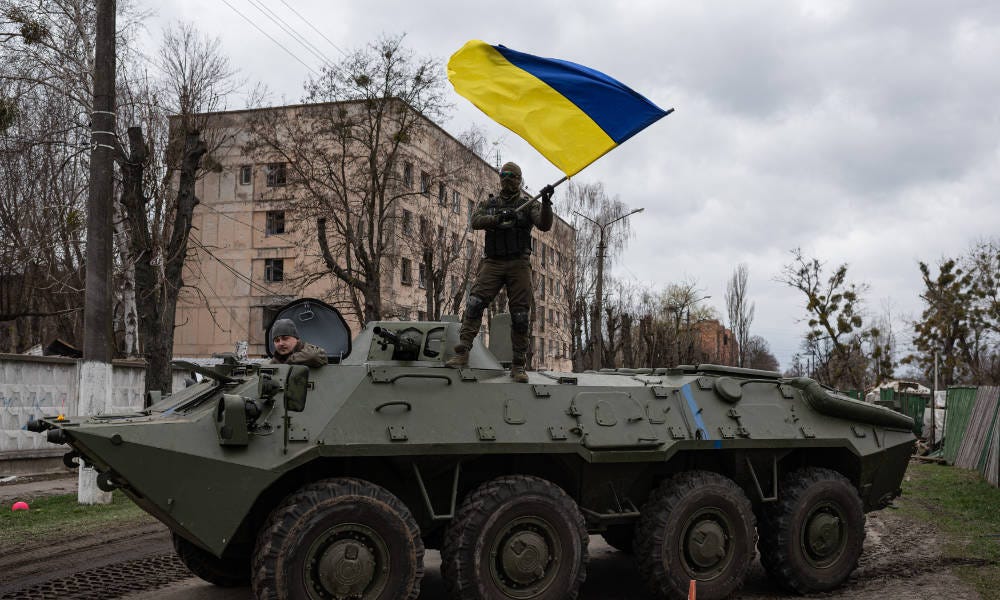How Might Putin’s War in Ukraine End? 5 Scenarios to Explore.
From a humiliating defeat for Putin to a global nuclear conflict.
Eight months after the invasion of Ukraine ordered by Vladimir Putin at the end of February 2022, the war in Ukraine shows little sign of ending in the short term. The determination and courage of the Ukrainians to preserve their identity and their territory are opposed to the insane stubbornness of the Russian dictator Vladimir Putin.
Today, both on the…
Keep reading with a 7-day free trial
Subscribe to Sylvain Saurel’s Newsletter to keep reading this post and get 7 days of free access to the full post archives.




